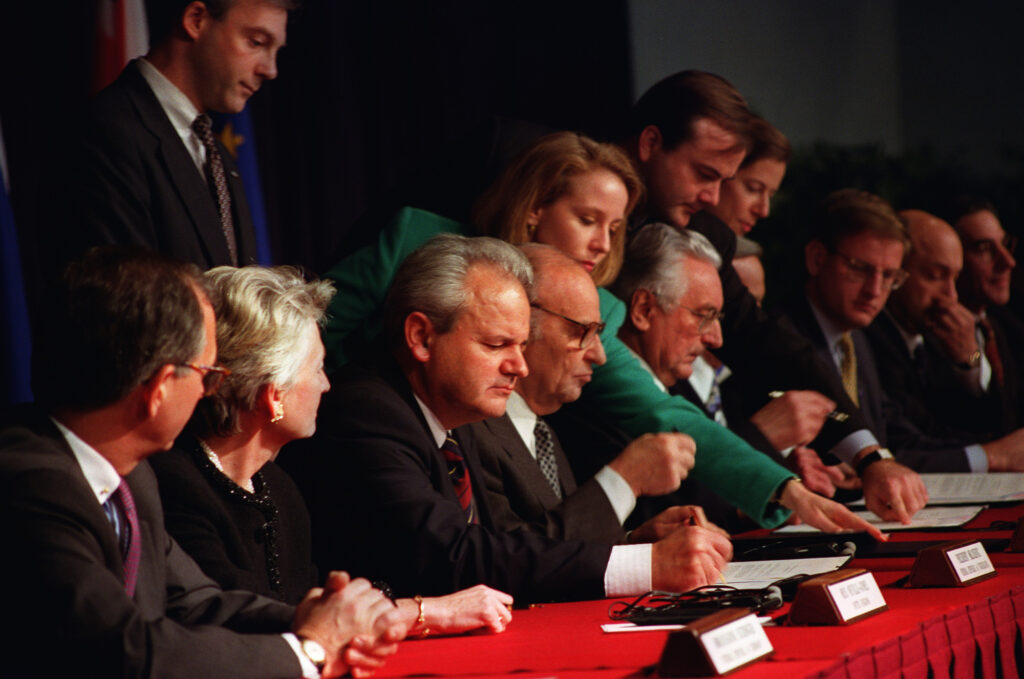Russia and the Polycrisis

I have some thoughts on negotiations which were largely inspired by this op-ed on the necessity to put pressure on Kyiv. I’ve also been reading George Packer’s biography of Richard Holbrooke, which is truly extraordinary even if you despise both men. Long story short, getting the parties to the table absolutely does not ensure that even a cease-fire will emerge in any reasonable timeline.
Negotiations aren’t magic. They require careful preparation and can only succeed under favorable underlying circumstances. Often negotiations that succeed in curtailing a conflict for a time simply set the stage for a more serious conflict later. Advocates of forcing Ukraine into negotiations with Russia before the time for those negotiations is ripe need to answer difficult questions about the structure of and expectations from any such talks. We should also take care to condition expectations that even successful negotiation outcomes can be reached quickly. Dayton lasted a month but it was the endpoint of a process that had begun three years before. The process that led to the Paris Peace Accords took almost five years, during which the war continued to rage. It is absolutely NOT the case that wars are ended simply by putting the parties in the same room and getting them to talk.
An important point with regard to either model is that the weakest party (South Vietnam, Bosnia) can absolutely blow up any negotiation. Saigon was the most aggressive opponent of a peace deal for reasons that should be obvious; Kissinger’s efforts to undercut the Paris peace talks prior to 1968 effectively ran through South Vietnam. Holbrooke viewed Bosnian Muslims as the most intransigent of the three parties in Dayton in 1995, and ended up basically screaming them into submission. Models for negotiation which assume that Ukraine can easily be compelled to the negotiate and can be forced to make concessions at those negotiations are simply unrealistic, as the collapse of the Minsk agreements should make obvious.
In other news, it could conceivably interest some here that I had the opportunity to speak with Rotary Lexington last Thursday afternoon. The topic was “State of the World,” which is obviously a very large topic. I chose to lean into the term “polycrisis,” which was coined by Adam Tooze and refers to a succession of interconnected crises that are driving world politics. As I discuss in the talk I’m at least a bit skeptical of the concept (see Drezner’s thoughts here) but it’s a useful peg upon which to hang a speech. Link to the talk is here.
In yet other news some Ukraine updates:
- Ukraine’s tank corps takes shape.
- Jaganath Sankaran on how Ukraine maintained its air force against Russian superiority in numbers and technology.
- I don’t think that Russia is going to collapse but some contingency planning is probably in order.
- Erdogan is being a dick but this is not at all surprising.
